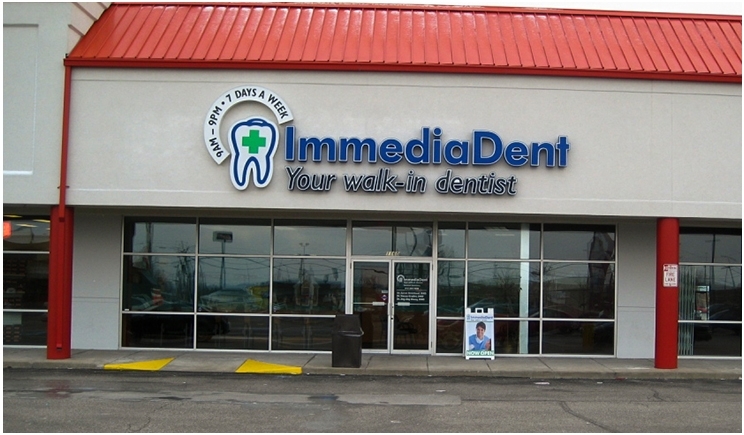
The US Department of Health and Human Services-Office of Inspector General (HHS-OIG) established a “High Risk” category on October 1, 2018, designating healthcare companies receiving federal funding that merit heightened scrutiny.
Two affiliated dental healthcare companies, ImmediaDent of Indiana and Samson Partners, were the inaugural subjects of this classification. Both companies recently settled with the US Department of Justice (USDOJ) for alleged false claims fraud violations for $5.1 million.
At settlement, the defendants admitted no wrongdoing and refused to enter into a corporate integrity agreement (CIA) with the HHS-OIG. A CIA generally is an oversight mechanism for a period of five years. Structured monitoring mechanisms are implemented, with penalties for violations. As a direct result of this refusal, the companies were placed on the “High Risk” list.
“OIG stated in the 2016 b7 exclusion guidance that providers who opt not to enter into a CIA present a higher continuing fraud risk than those who accept oversight in CIAs. OIG’s position is that providers who refuse CIAs should be regarded by OIG and the public with heightened scrutiny,” said Melissa Rumley, public affairs specialist for HHS-OIG.
“The OIG may use various tools, including unilateral monitoring, to monitor the provider’s compliance with federal healthcare program requirements once the OIG has determined that the provider is high risk and should be subject to heightened scrutiny. In addition, this information can be used by the public to inform their opinions of these providers and their fraud risk,” Rumley said.
Not only should the public (dental healthcare consumers) be aware of and be able to access the HHS-OIG “High Risk” designees, but also other state and federal authorities. This must include state dental regulatory boards, attorneys general offices, Medicaid fraud control units, and managed care companies that administer a state Medicaid programs.
Of particular interest in the government’s legal action against ImmediaDent and Samson Partners were allegations of unlicensed practice of dentistry by unlicensed management directing or interfering with dental care to patients. Many state dental boards have largely ignored laws relating to the corporate practice of dentistry, yet the USDOJ seems very aware of these statutes, as evidenced in its pleadings.
Dr. Davis practices general dentistry in Santa Fe, NM. He assists as an expert witness in dental fraud and malpractice legal cases. He currently chairs the Santa Fe District Dental Society Peer-Review Committee and serves as a state dental association member to its house of delegates. He extensively writes and lectures on related matters. He may be reached at mwdavisdds@comcast.net or smilesofsantafe.com.
Related Articles
Corporate Dental Practices Settle Whistleblower Case for $5.1 Million
Office of Inspector General Calls MCOs’ Medicaid Reporting Weak
GA Board Member Resigns After Kool Smiles Dental Settlement











